1. Introduction
Overview of LiFePO4 Batteries
Lithium Iron Phosphate (LiFePO4) batteries have gained significant popularity in recent years due to their superior safety, long cycle life, and stable chemical structure. Unlike other lithium-ion batteries, LiFePO4 batteries offer a more stable chemistry, which makes them less prone to thermal runaway and thus safer for various applications, including electric vehicles, solar energy storage, and portable electronics.
Importance of Proper Charging
Proper charging of LiFePO4 batteries is crucial to maximize their lifespan and performance. Incorrect charging can lead to reduced capacity, shortened lifespan, and even safety hazards. Therefore, understanding the specific charging requirements of LiFePO4 batteries is essential for users to ensure optimal performance and safety.

2. Characteristics of LiFePO4 Batteries
Chemical Composition and Structure
LiFePO4 batteries are composed of a lithium iron phosphate cathode, a graphite anode, and an electrolyte that facilitates the movement of lithium ions between the electrodes. This composition provides a stable structure that is resistant to overheating and overcharging, making it a safer option compared to other lithium-ion chemistries.
Voltage and Capacity Specifications
The nominal voltage of a single LiFePO4 cell is approximately 3.2 volts, with a typical charge voltage range of 3.5 to 3.65 volts per cell. A fully charged 12V LiFePO4 battery pack, which consists of four cells in series, typically reaches around 14.4 to 14.6 volts. These batteries are known for their high energy density and ability to deliver consistent power over a wide range of temperatures.
3. Charging Requirements
Voltage and Current Specifications
To charge LiFePO4 batteries effectively, it is important to adhere to specific voltage and current requirements. The charging process typically involves two stages: a constant current (CC) phase followed by a constant voltage (CV) phase. During the CC phase, the battery is charged at a constant current until it reaches the set voltage limit. In the CV phase, the voltage is held constant while the current gradually decreases until the battery is fully charged.
Comparison with Other Battery Types
Compared to lead-acid and other lithium-ion batteries, LiFePO4 batteries have different charging profiles. Lead-acid batteries, for instance, require a three-stage charging process that includes bulk, absorption, and float stages. In contrast, LiFePO4 batteries do not require a float charge, as they do not suffer from sulfation. This difference highlights the need for chargers specifically designed for LiFePO4 chemistry.
4. Special Chargers for LiFePO4
Features of Specialized Chargers
Specialized chargers for LiFePO4 batteries are designed to deliver the precise voltage and current required for optimal charging. These chargers typically feature a two-stage charging process (CC/CV) and are equipped with safety mechanisms to prevent overcharging and overheating. Additionally, they may include features such as temperature compensation and automatic shut-off to enhance safety and efficiency.
Benefits of Using a Specialized Charger
Using a specialized charger for LiFePO4 batteries offers several benefits. It ensures that the battery is charged to its full capacity without the risk of overcharging, which can damage the battery and reduce its lifespan. Specialized chargers also help maintain the battery's health by providing a consistent and controlled charging environment, ultimately extending the battery's cycle life and performance.
5. Alternative Charging Methods
Using Lead-Acid Chargers
While it is possible to charge LiFePO4 batteries with lead-acid chargers, it is not recommended for long-term use. Lead-acid chargers may not provide the precise voltage and current required for LiFePO4 batteries, leading to inefficient charging and potential damage. If a lead-acid charger must be used, it is crucial to ensure that its voltage output is within the acceptable range for LiFePO4 batteries.
Solar and Other Renewable Sources
LiFePO4 batteries can also be charged using solar panels and other renewable energy sources. When using solar power, a solar charge controller is essential to regulate the voltage and current, ensuring safe and efficient charging. Solar charging is an eco-friendly option that can help extend the lifespan of LiFePO4 batteries while reducing reliance on grid electricity.
6. Safety Considerations
Risks of Improper Charging
Improper charging of LiFePO4 batteries can lead to several risks, including reduced capacity, shortened lifespan, and safety hazards such as overheating and thermal runaway. Overcharging can cause the battery to swell, leak, or even catch fire, posing a significant safety risk.
Role of Battery Management Systems (BMS)
A Battery Management System (BMS) is a critical component in LiFePO4 battery packs. It monitors and manages the charging and discharging processes, ensuring that each cell operates within safe voltage and temperature limits. The BMS also provides protection against overcharging, over-discharging, and short circuits, enhancing the safety and reliability of LiFePO4 batteries.
7. Conclusion
Summary of Key Points
LiFePO4 batteries offer numerous advantages, including safety, long cycle life, and stable performance. However, proper charging is essential to maximize these benefits. Specialized chargers designed for LiFePO4 chemistry provide the precise voltage and current required for optimal charging, ensuring the battery's health and longevity.
Recommendations for Users
For users of LiFePO4 batteries, it is recommended to invest in a specialized charger that meets the specific charging requirements of these batteries. While alternative charging methods such as lead-acid chargers and solar power can be used, they should be approached with caution and proper equipment to ensure safety and efficiency. By adhering to the recommended charging practices, users can enjoy the full potential of their LiFePO4 batteries while minimizing risks and maximizing performance.





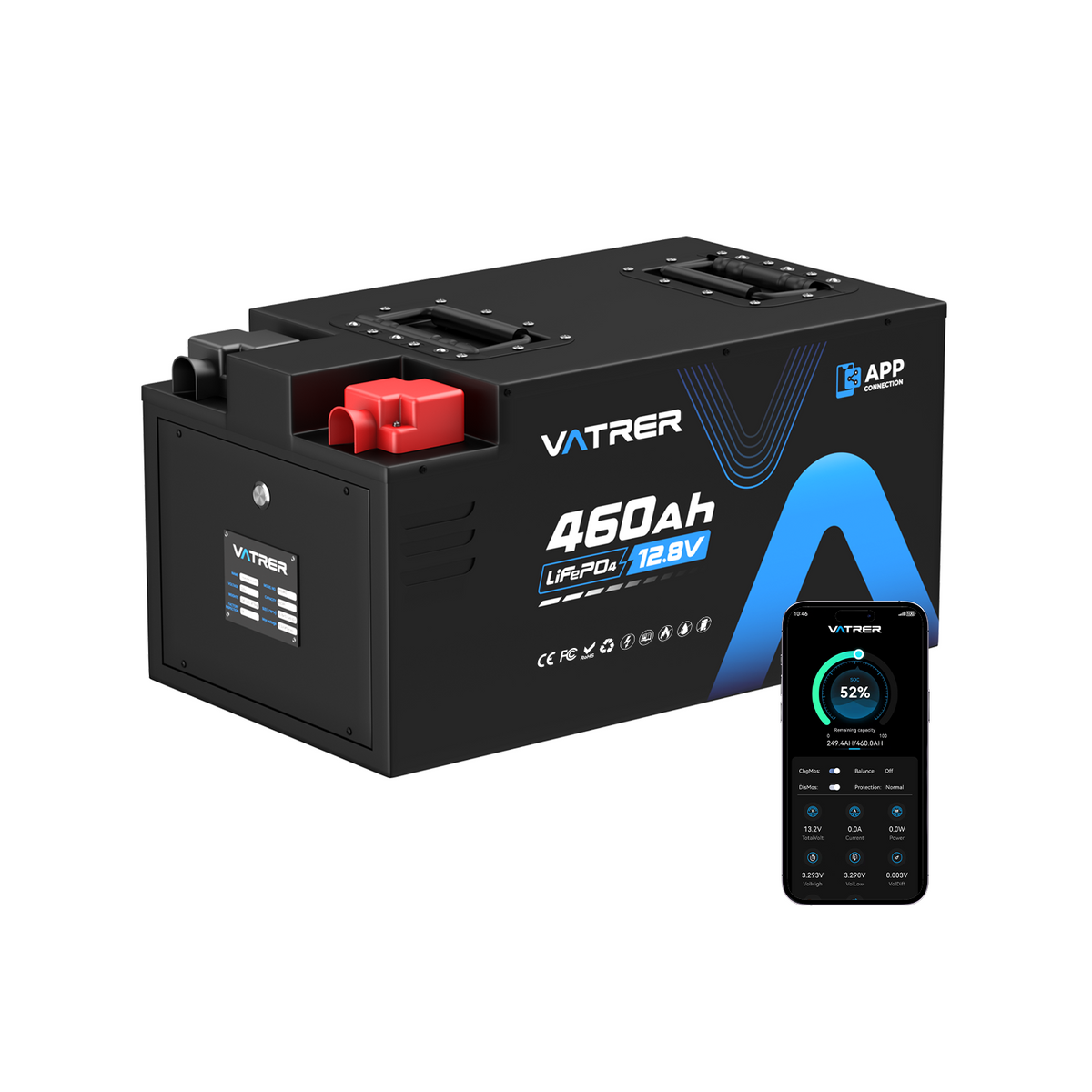
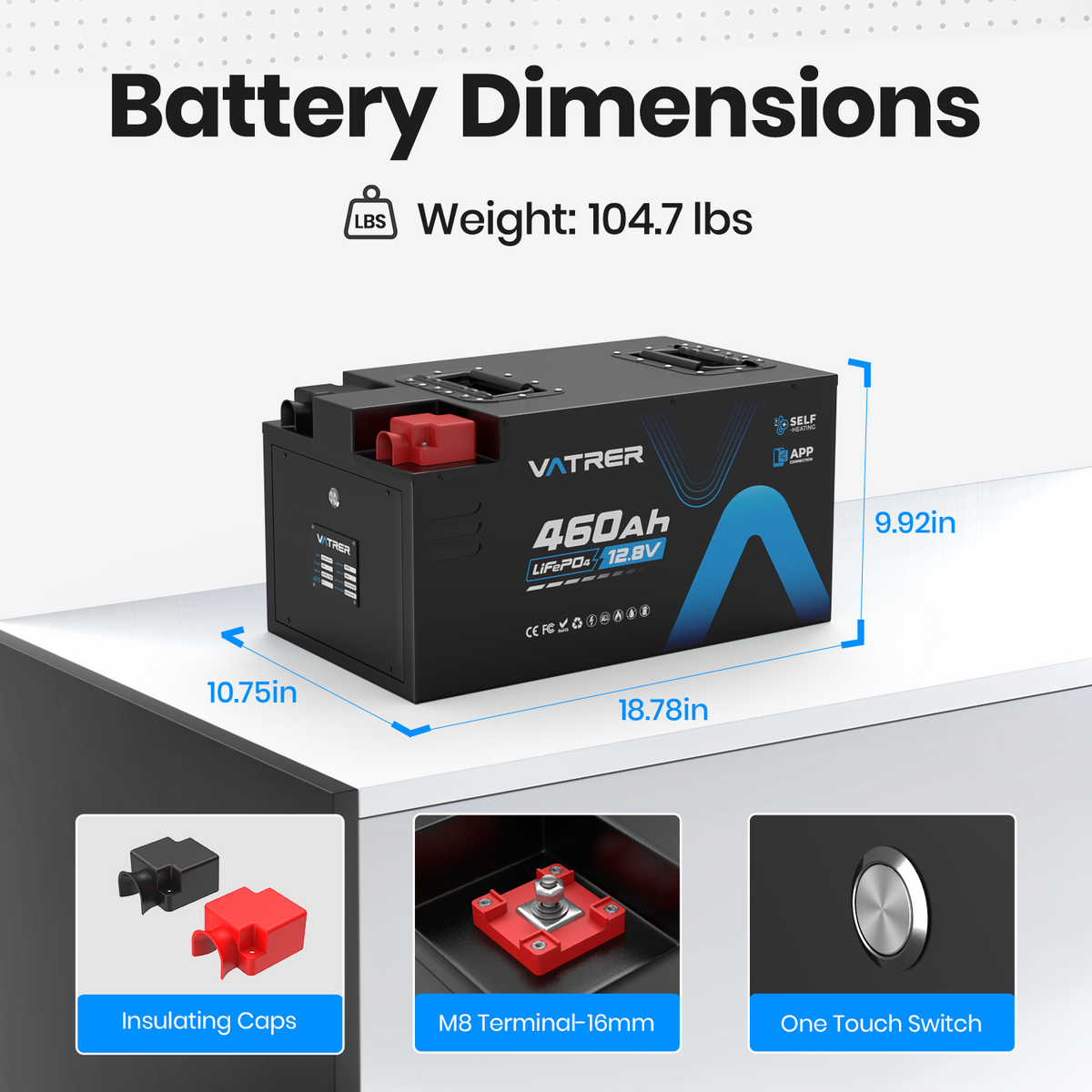
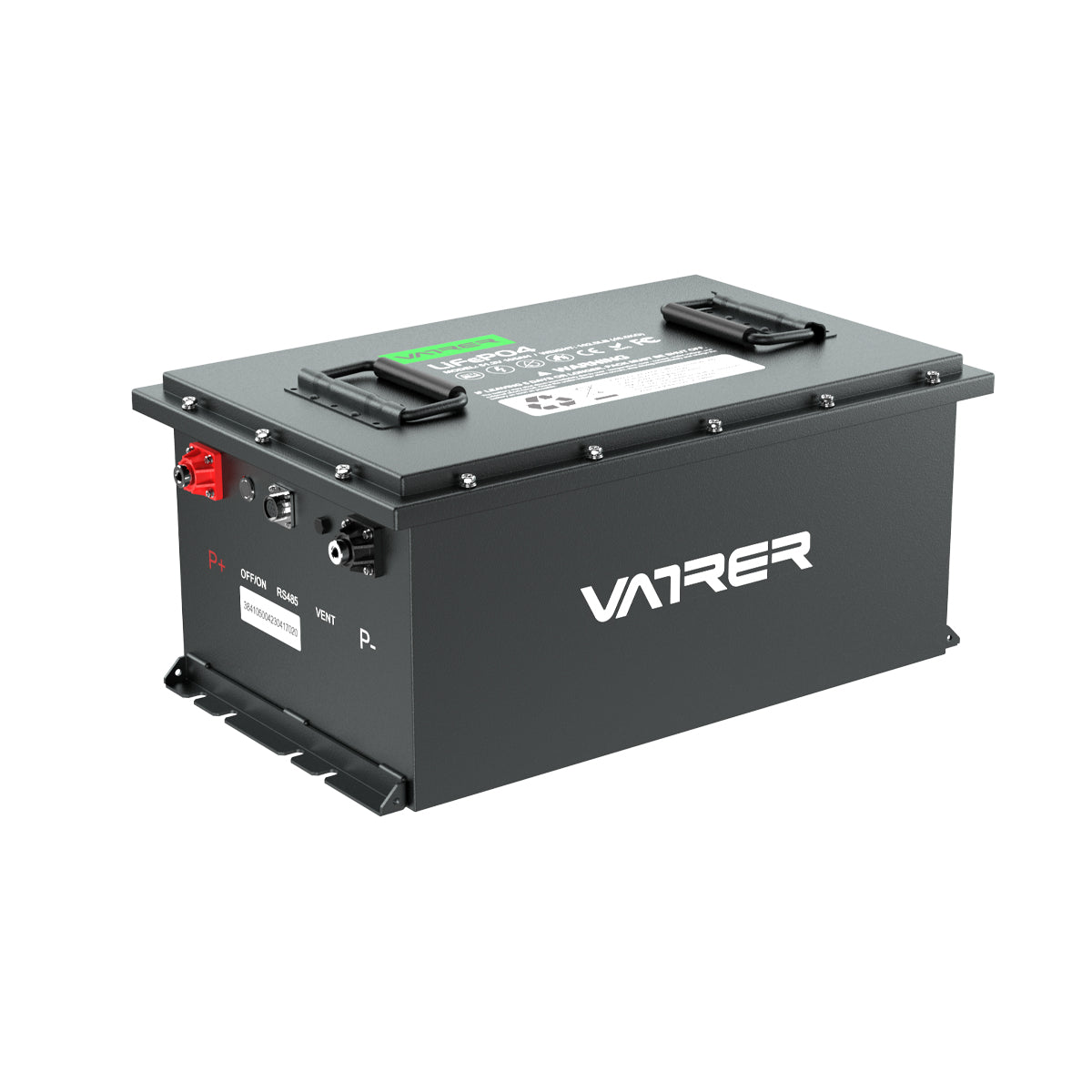
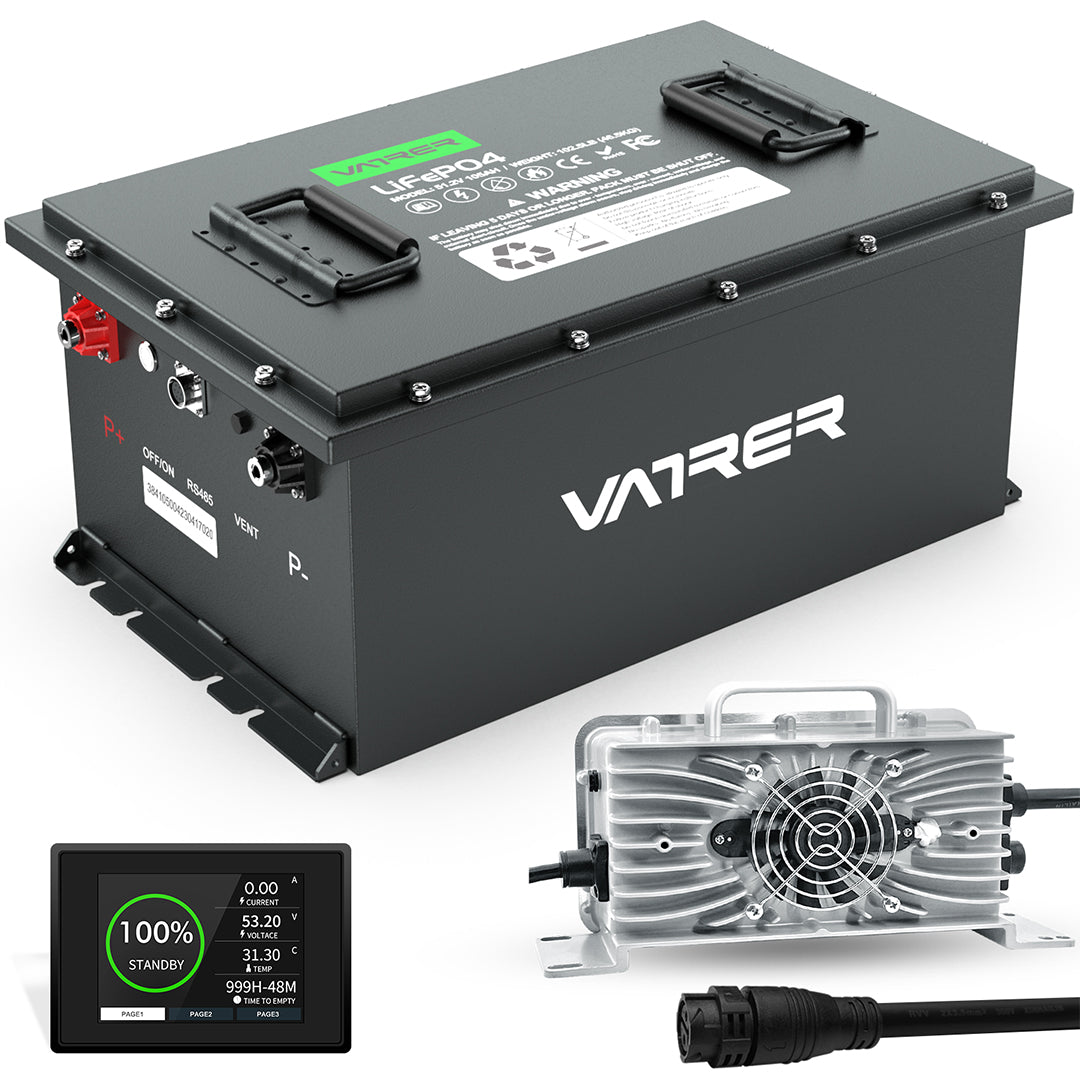
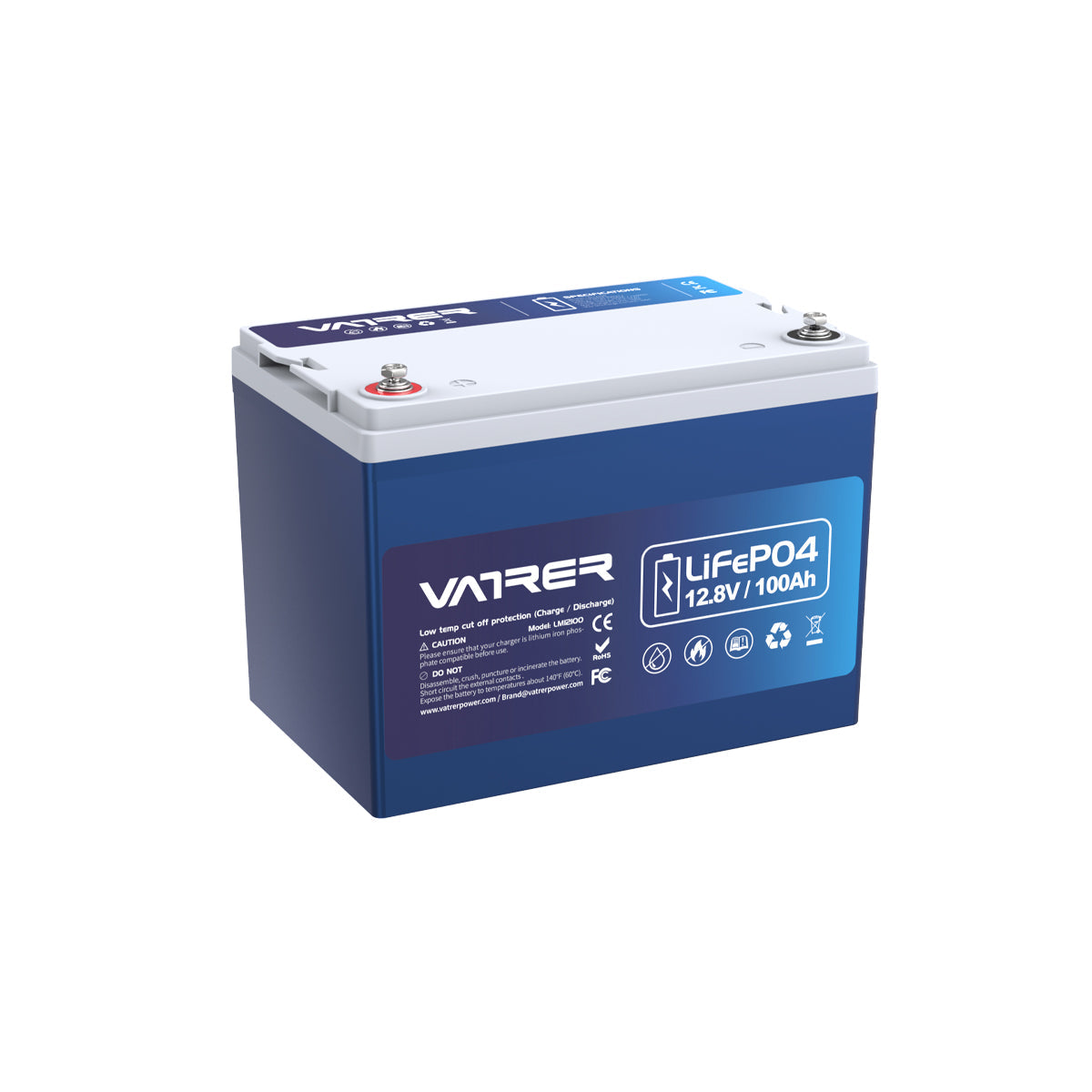
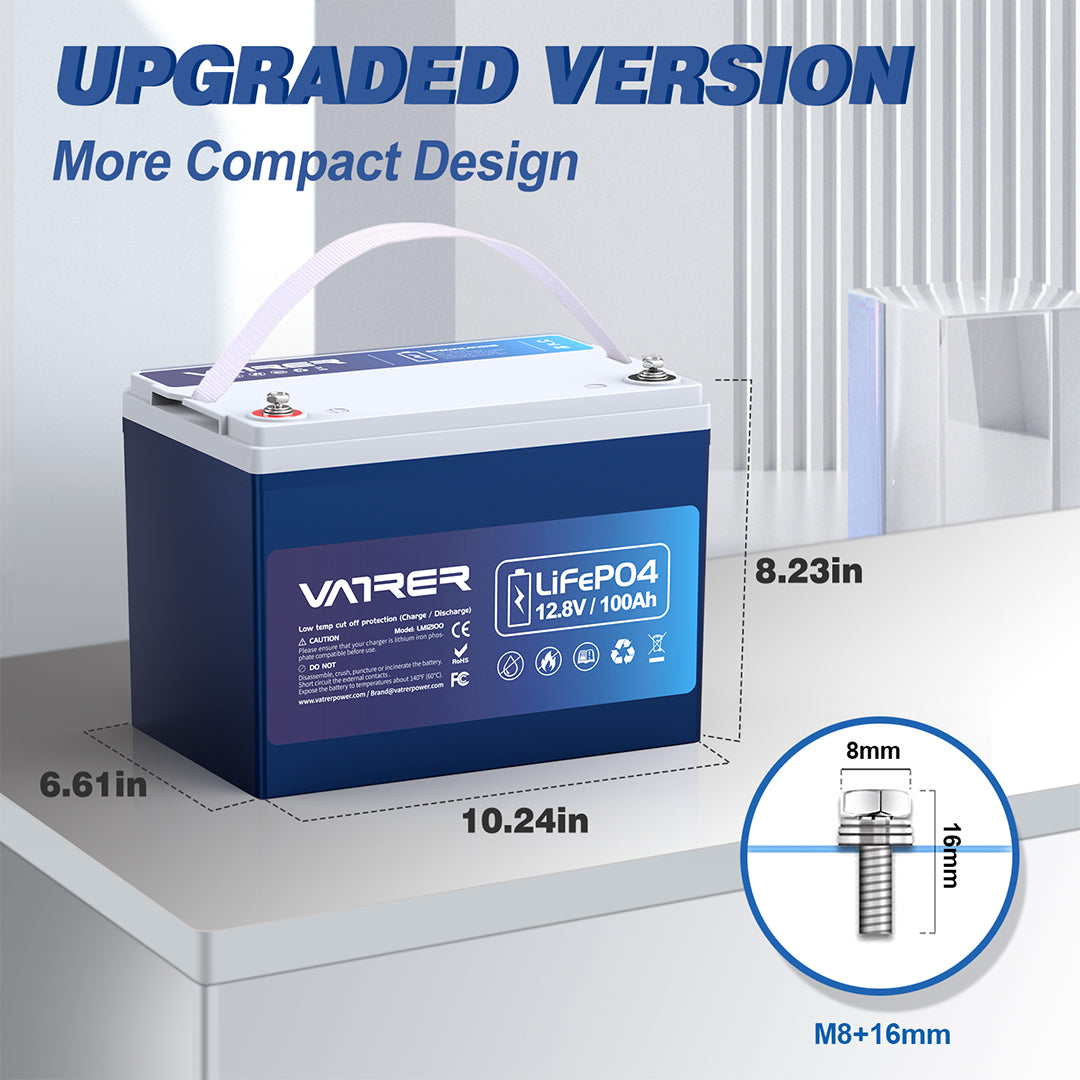
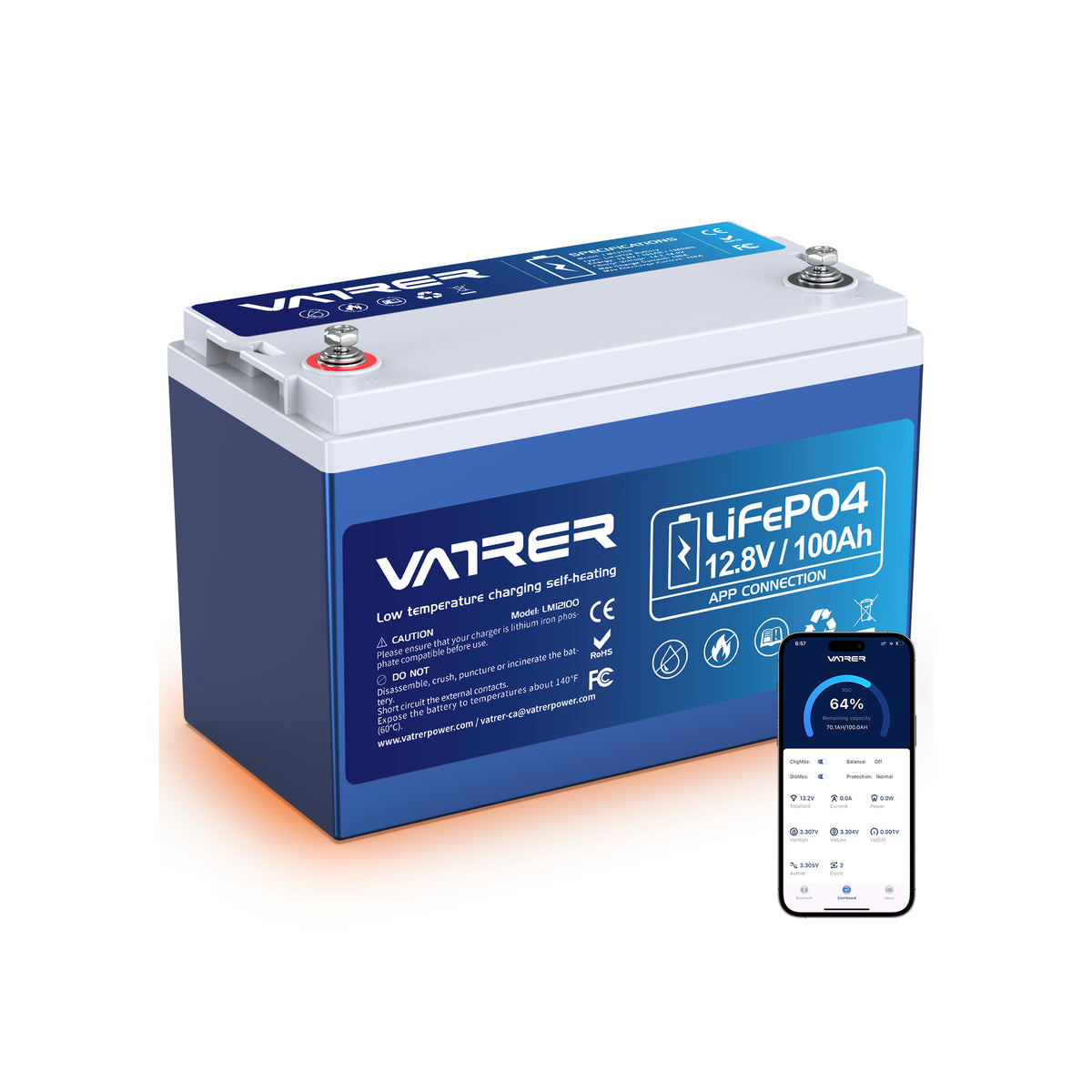
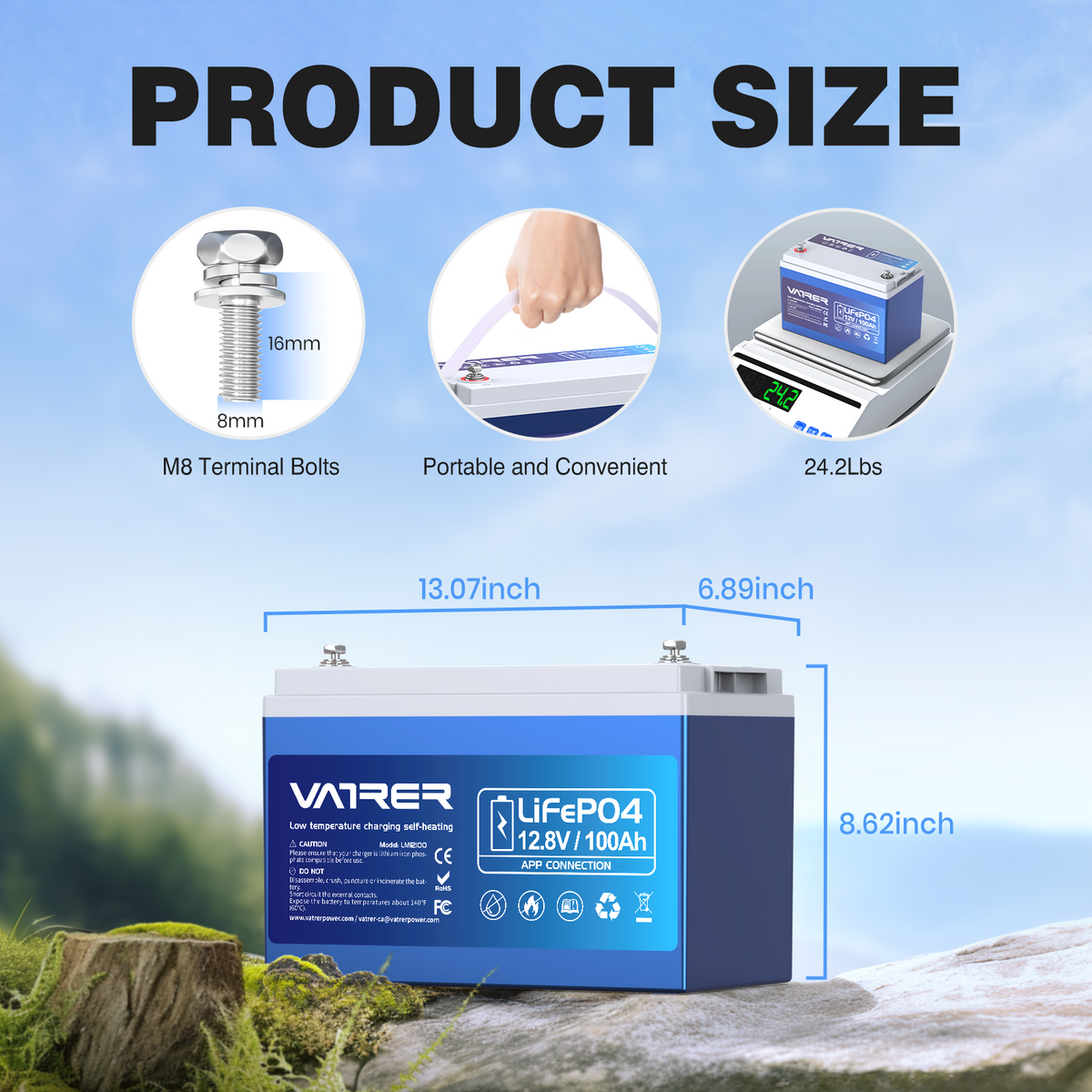
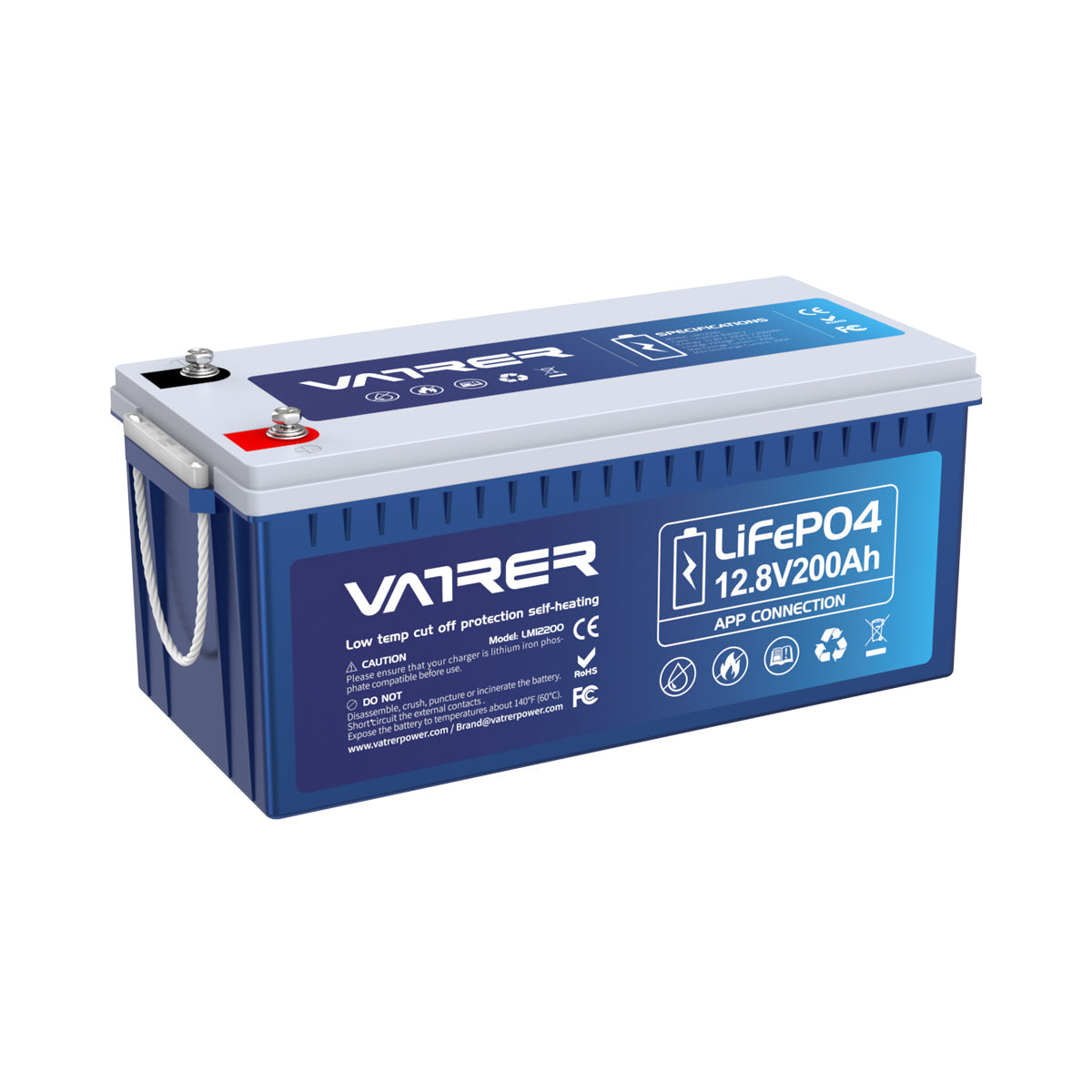
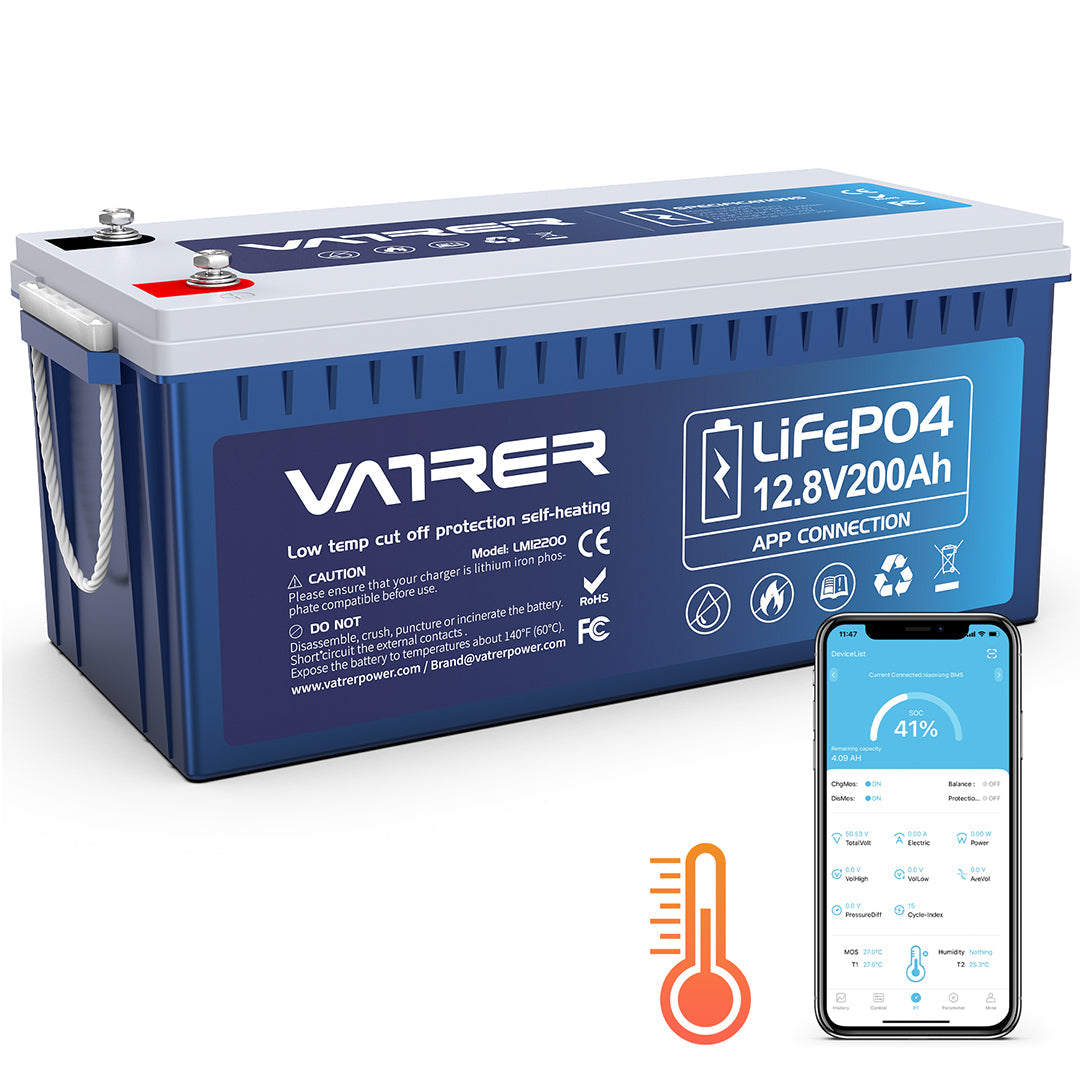
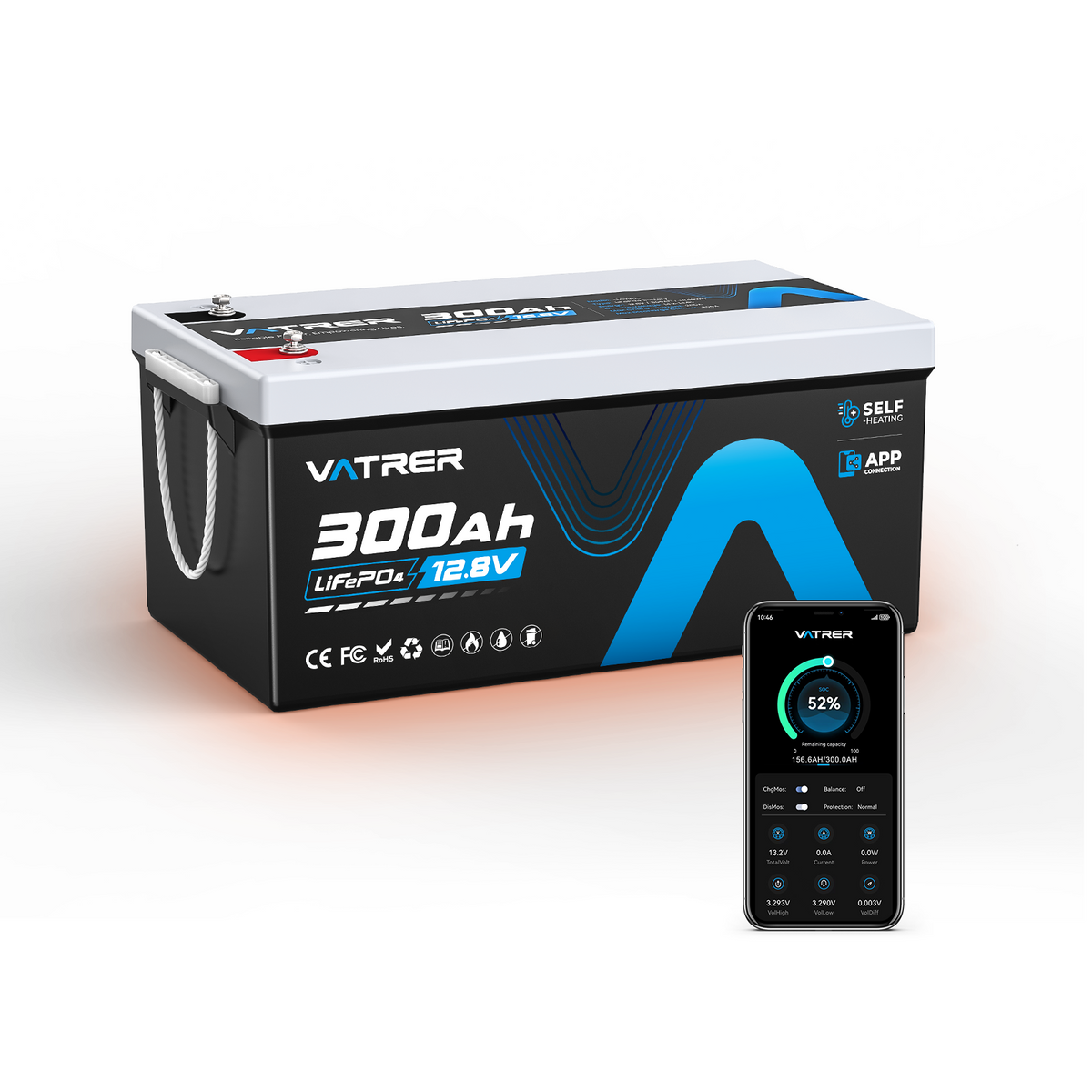
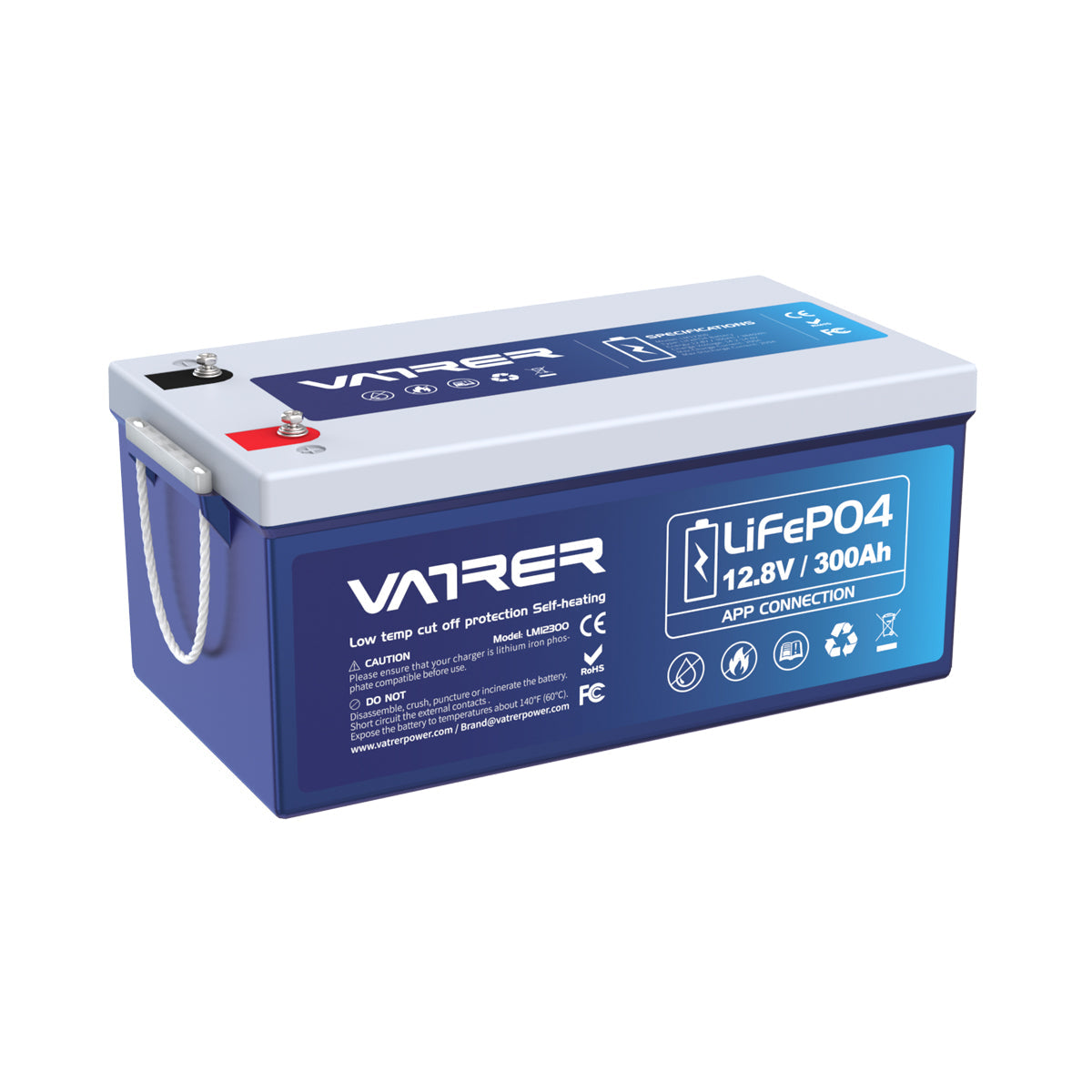

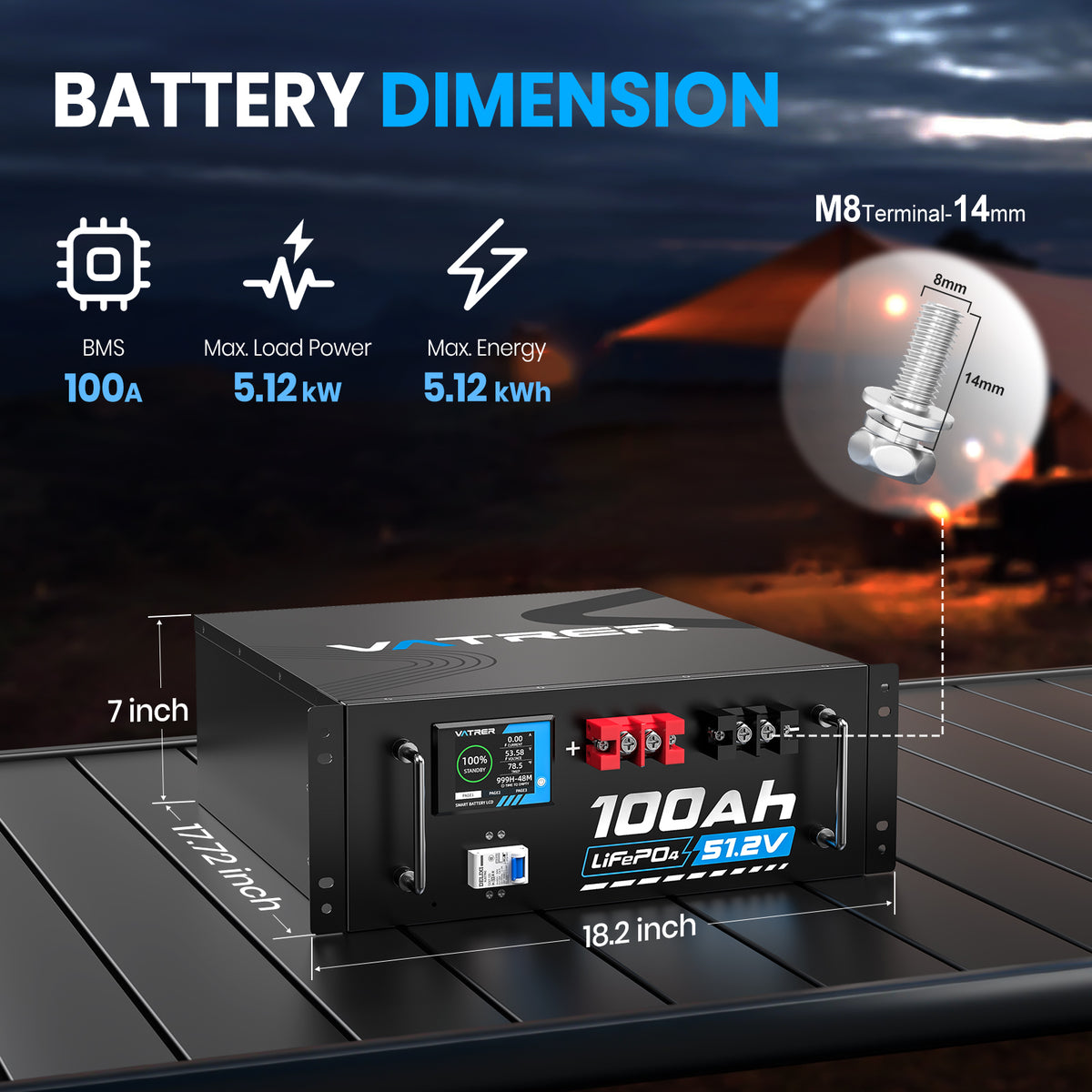
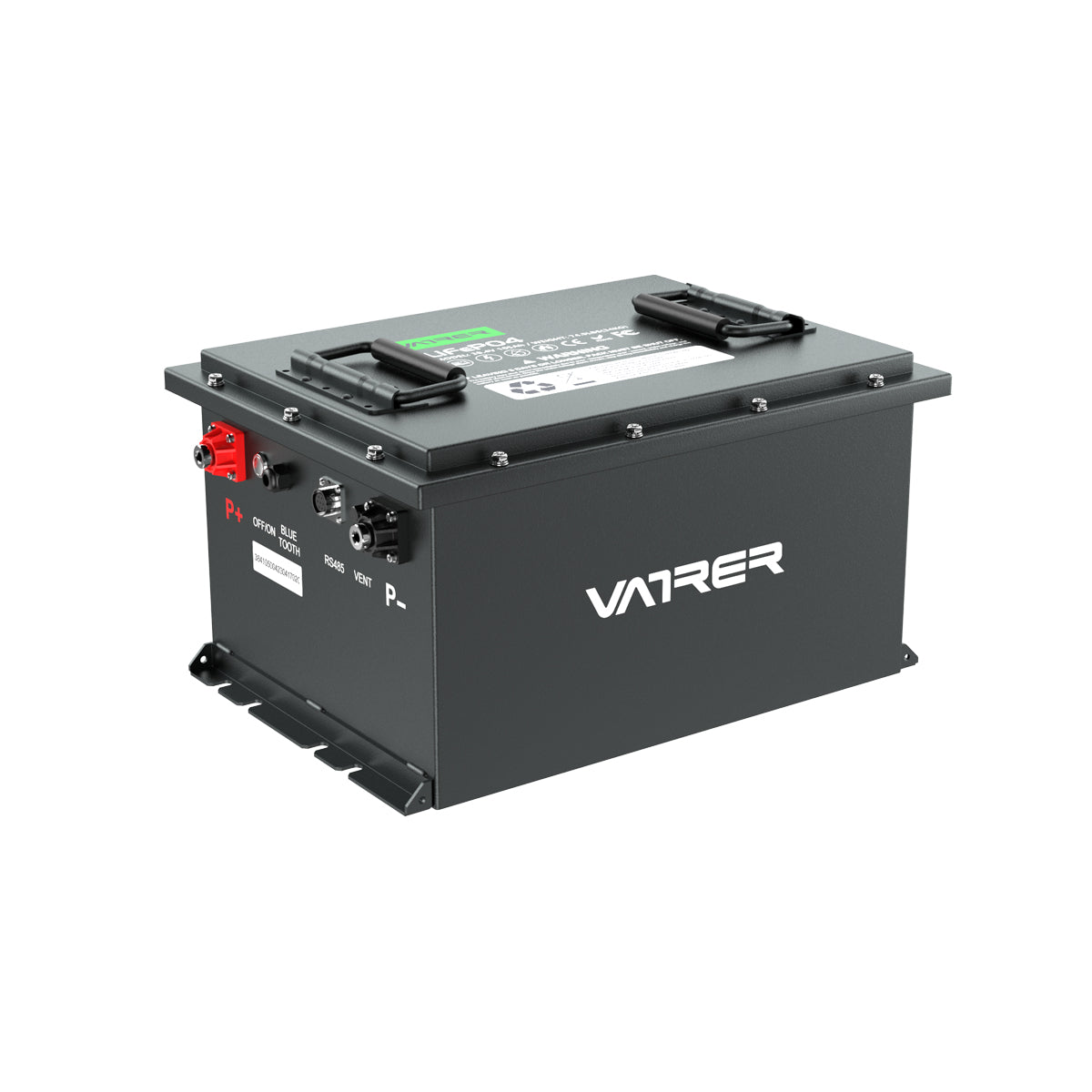
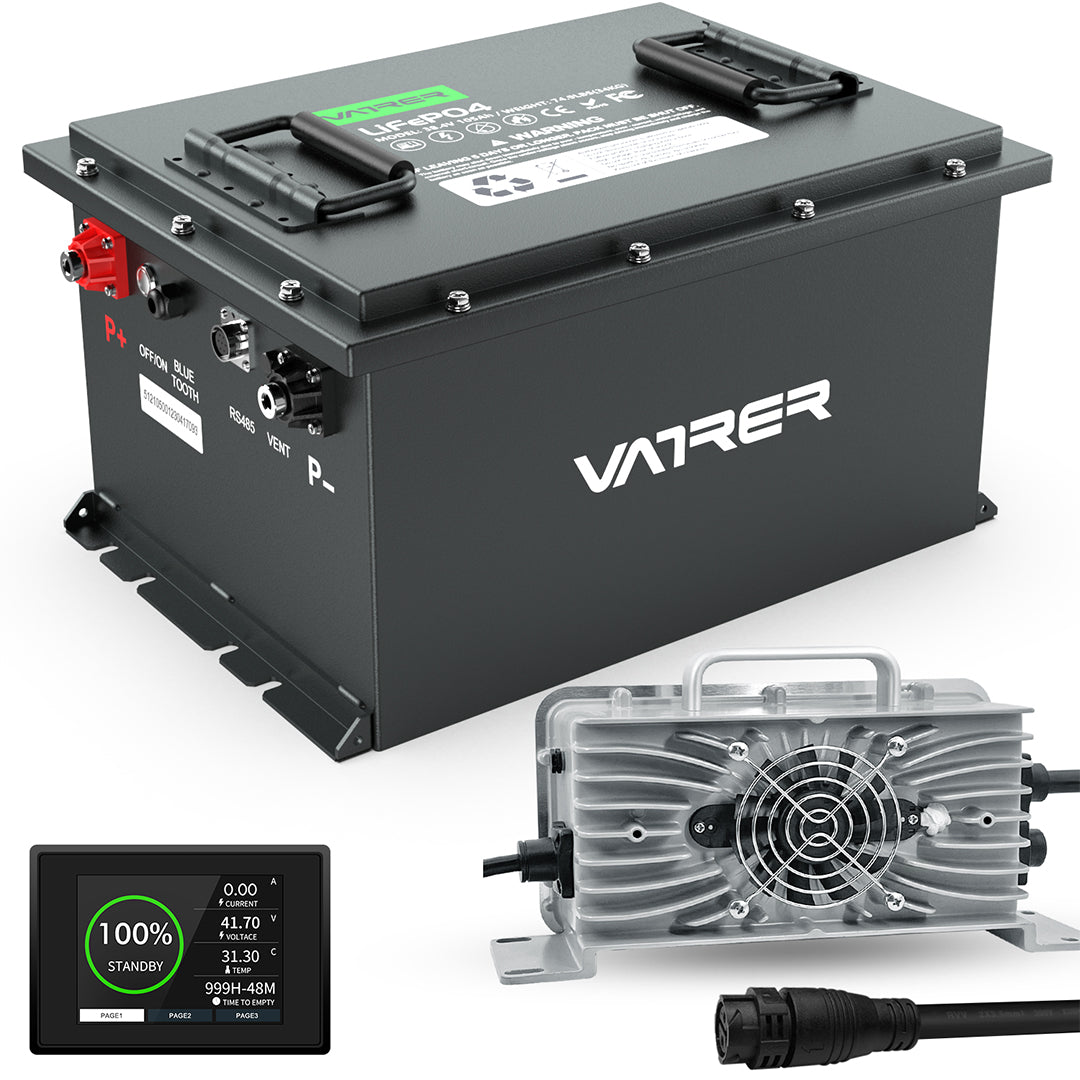
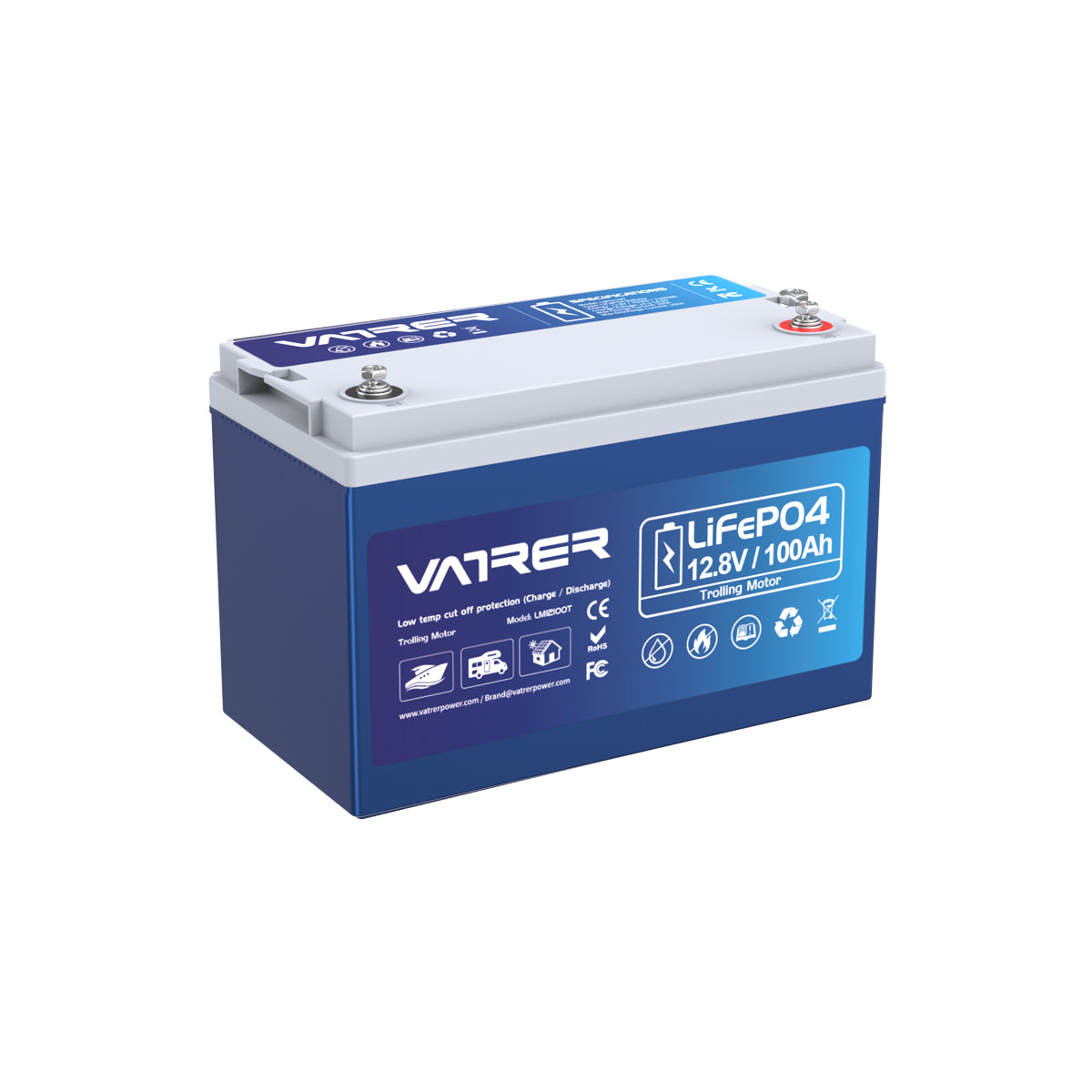
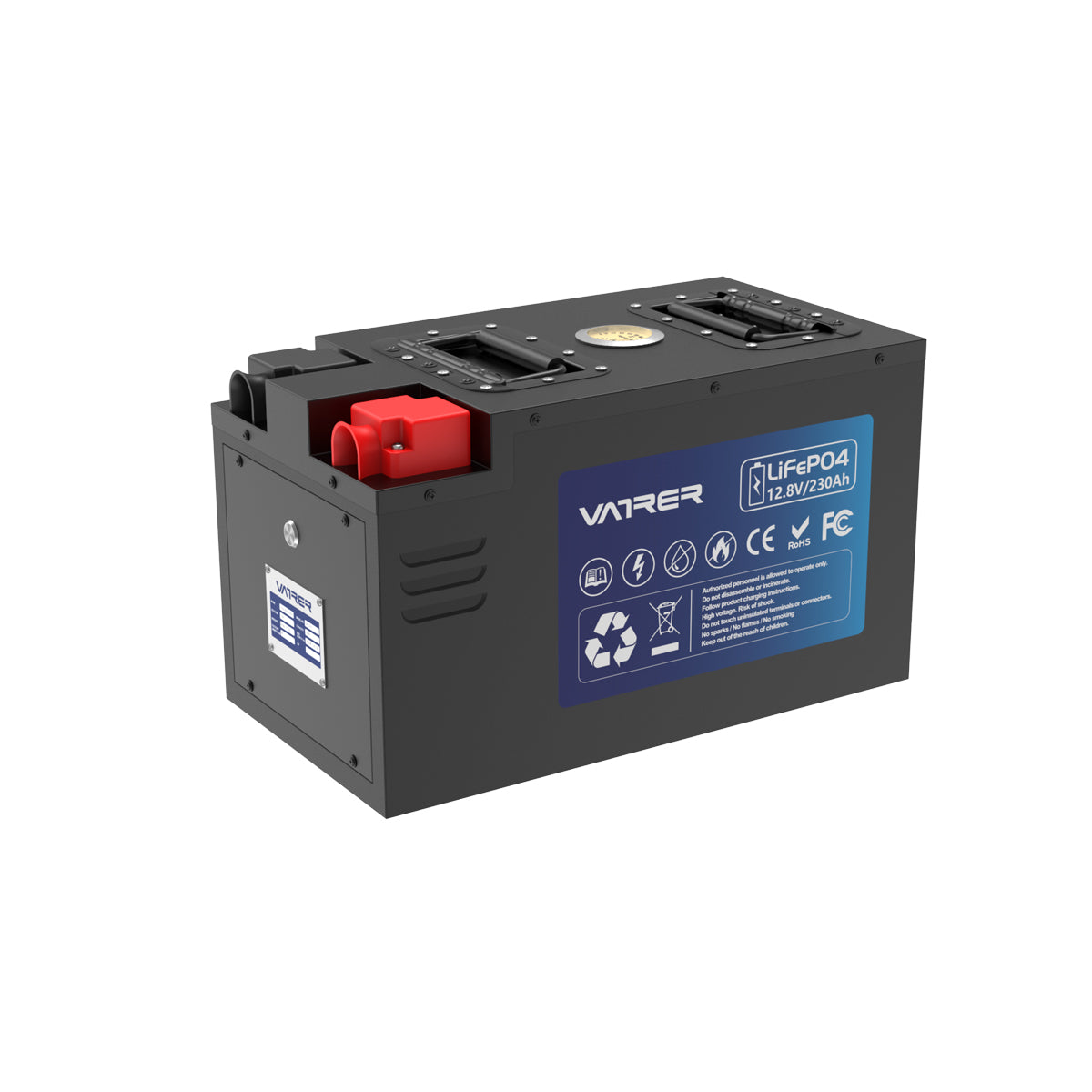
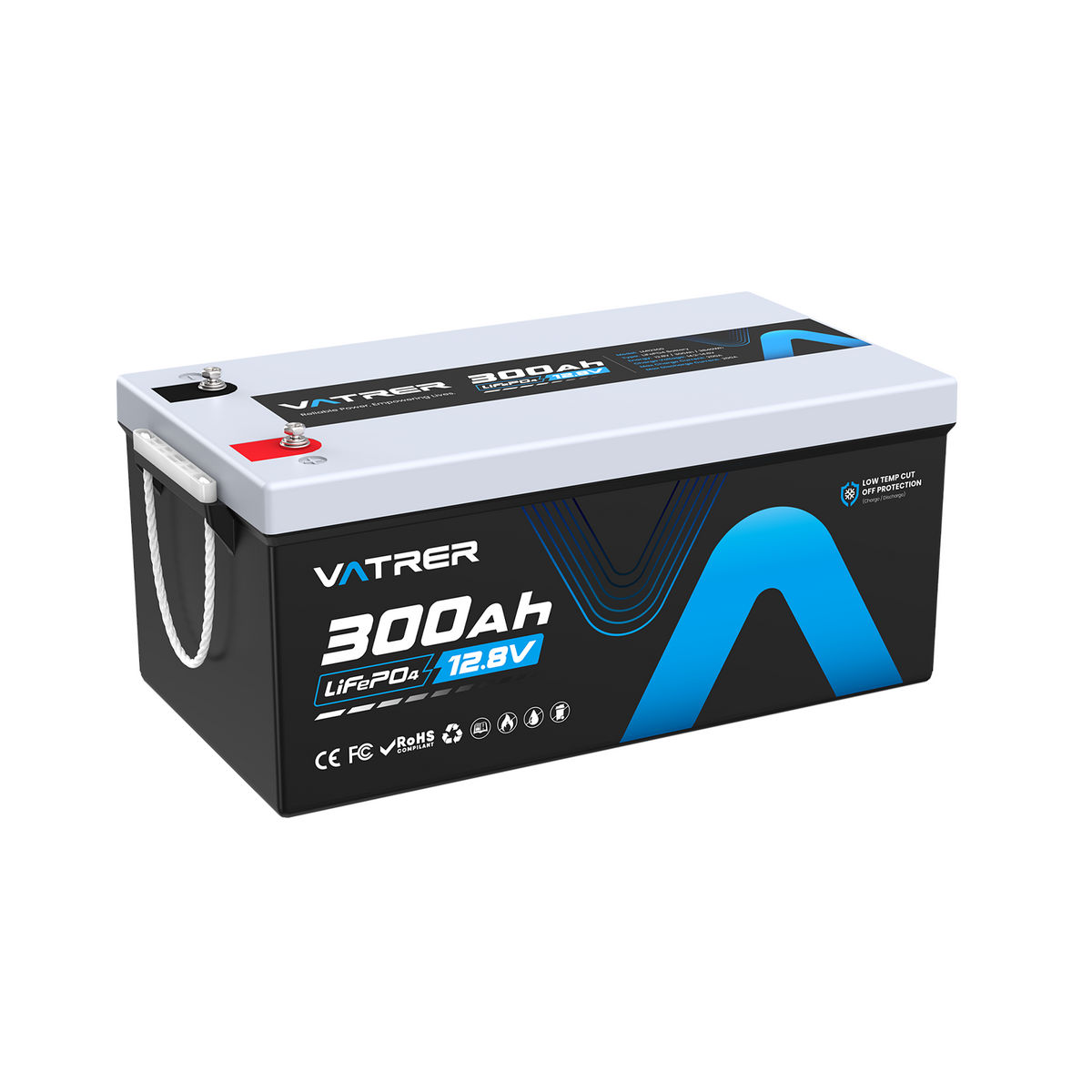
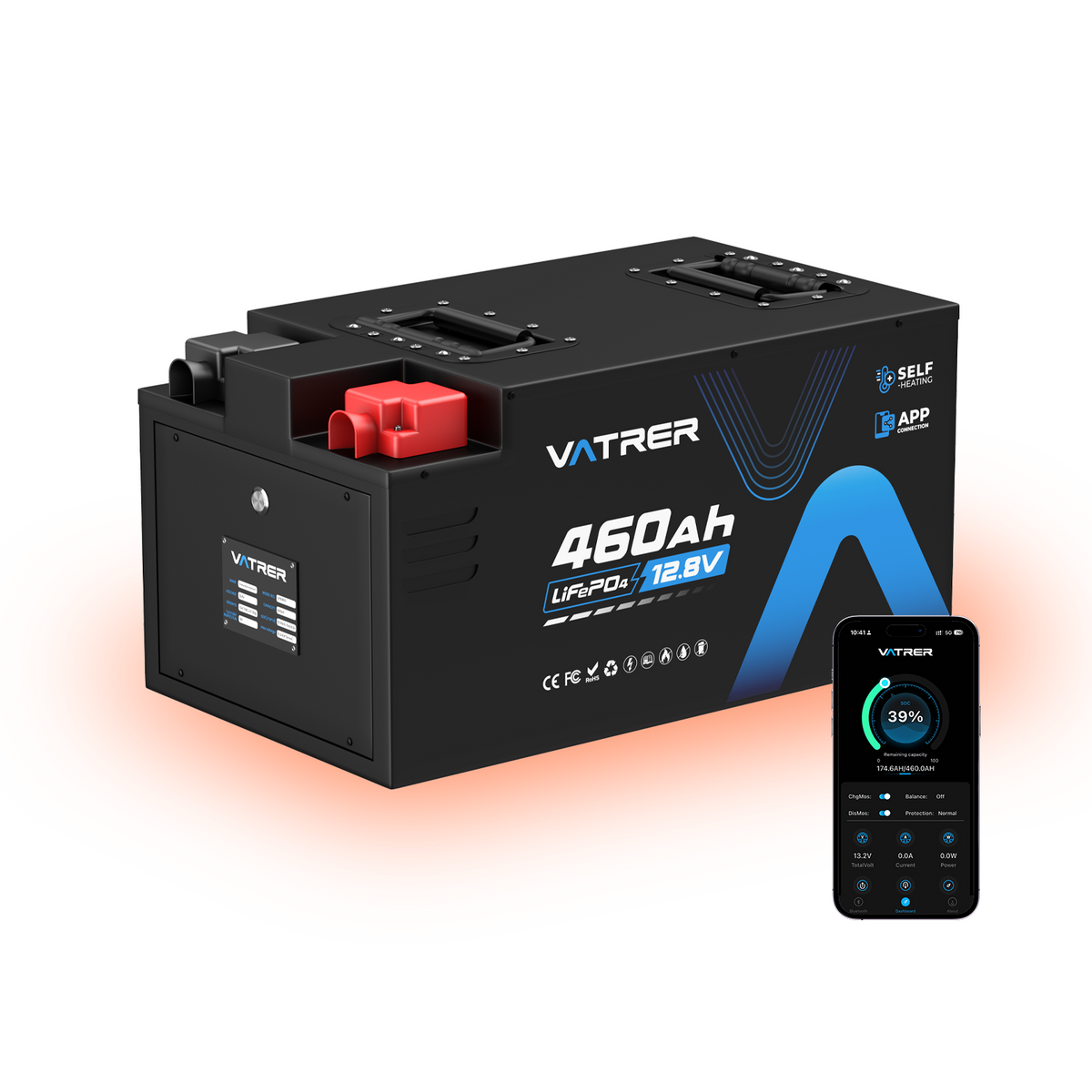

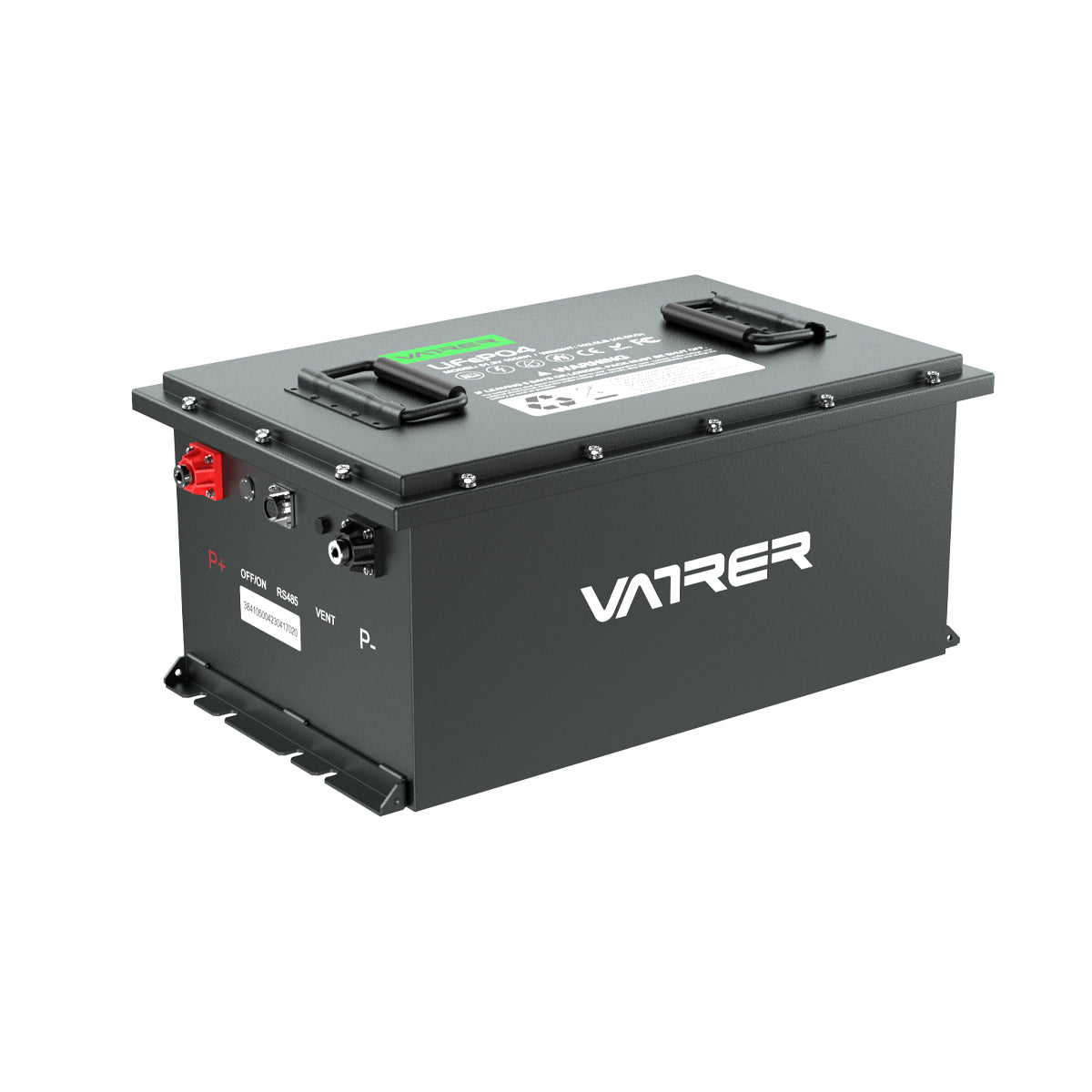
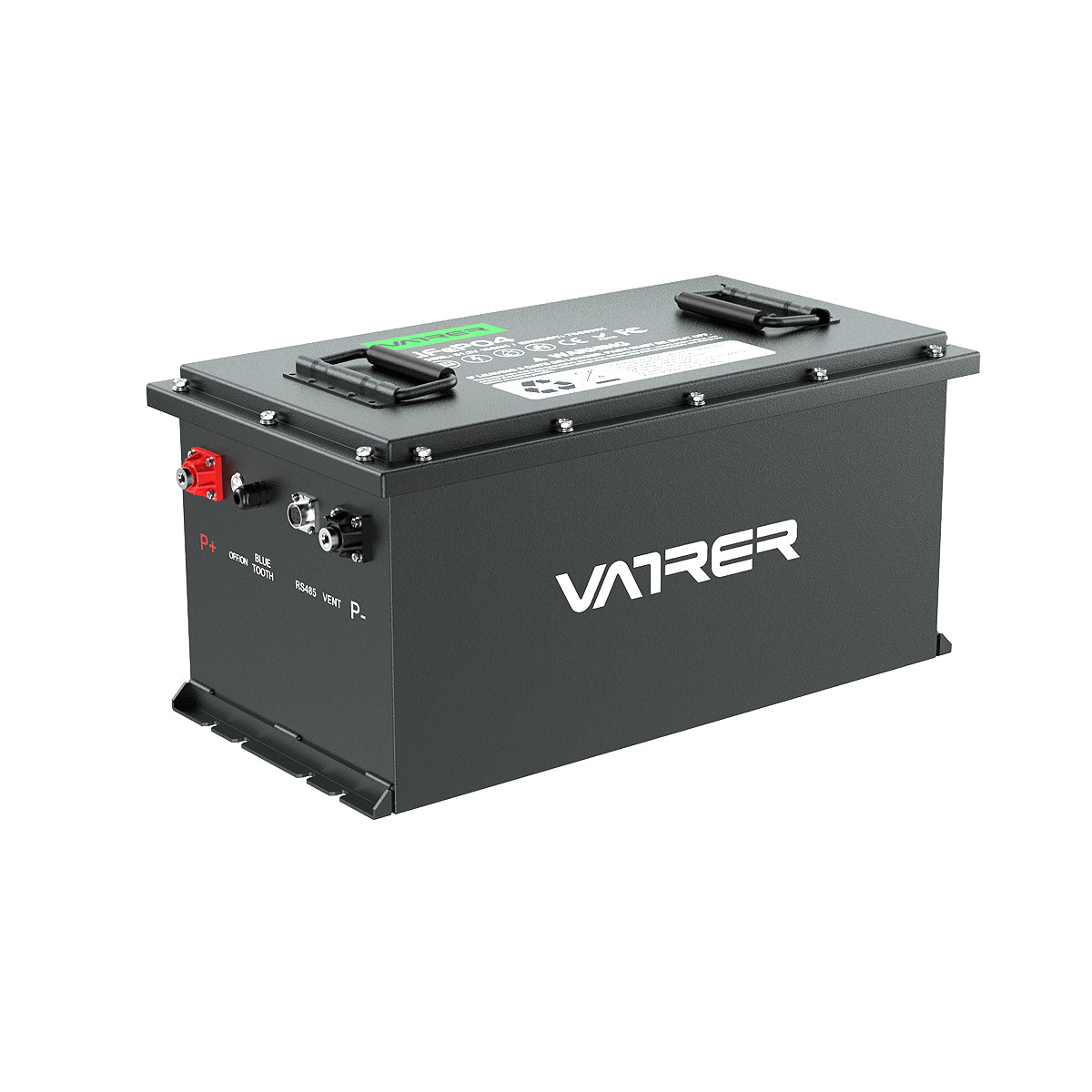
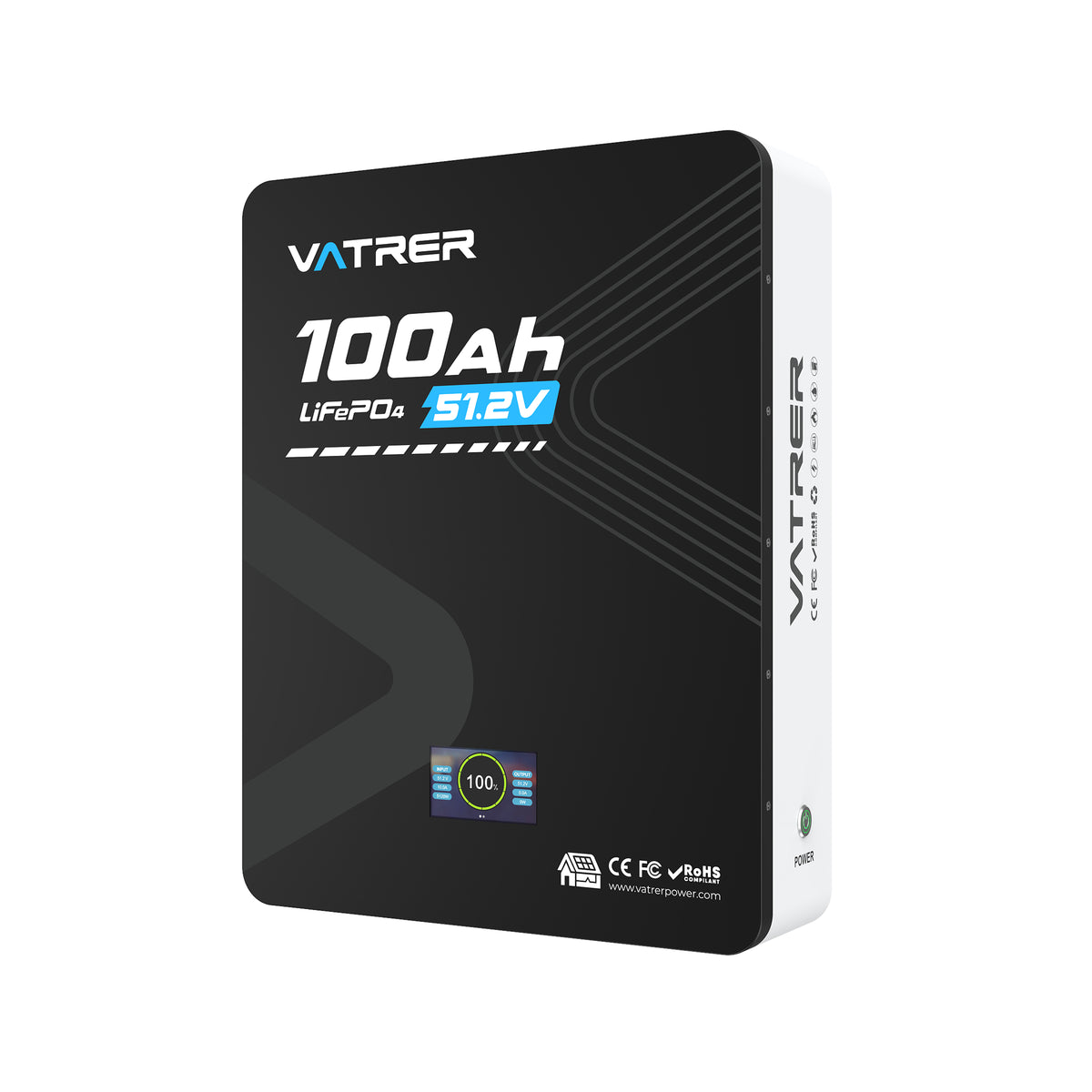
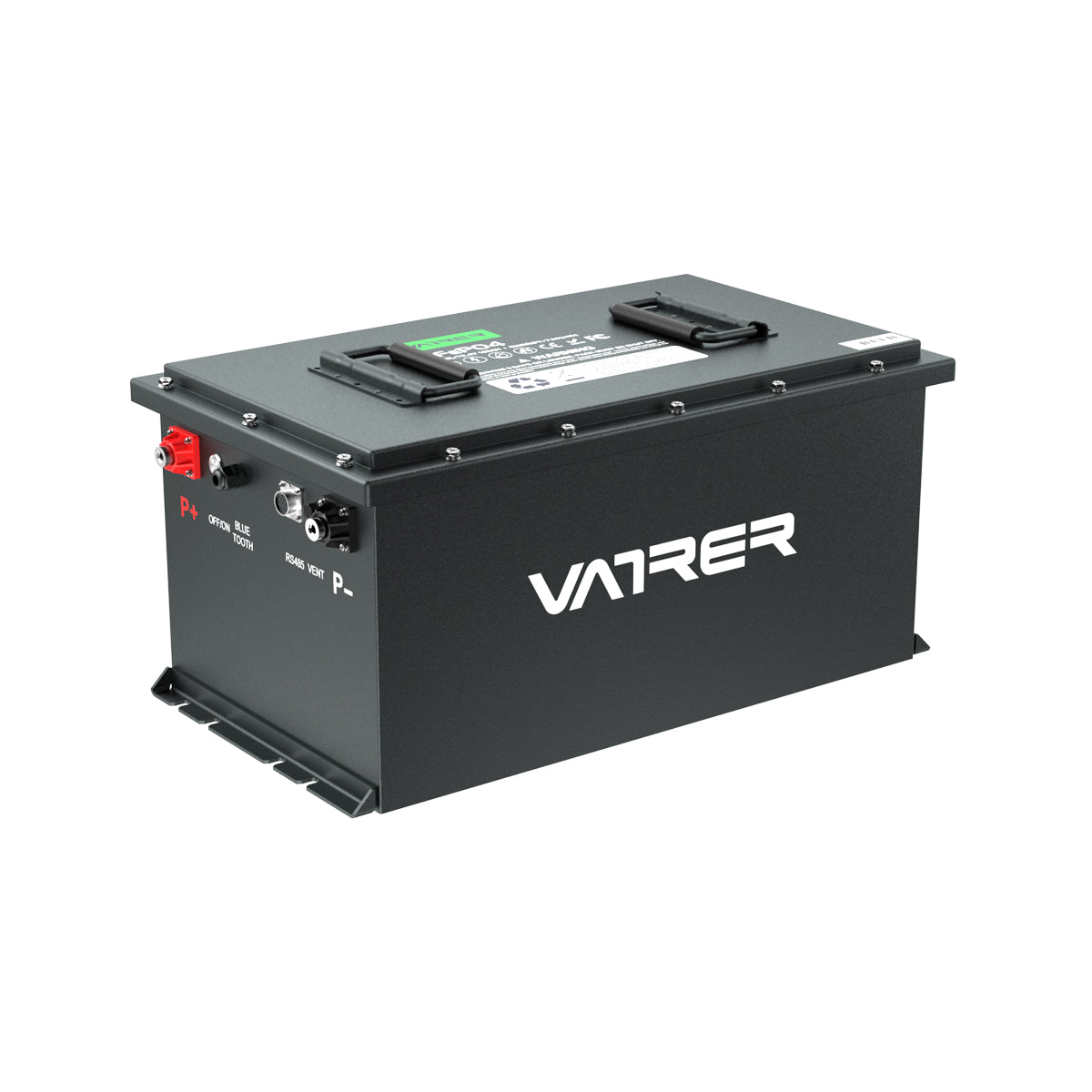


1 comment
Rob
Will a wfco 9855-55, converter charger be sufficient to charge the vatrer 300ah self heating battery?
Will a wfco 9855-55, converter charger be sufficient to charge the vatrer 300ah self heating battery?